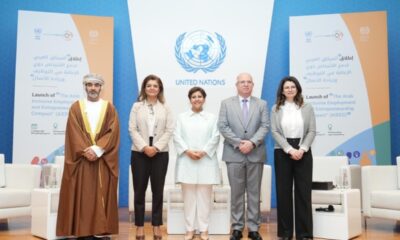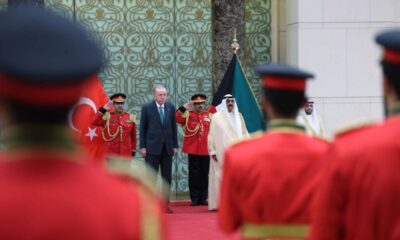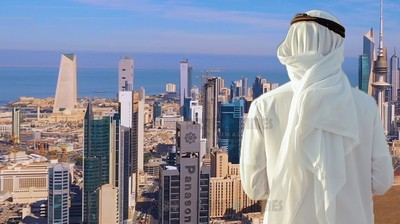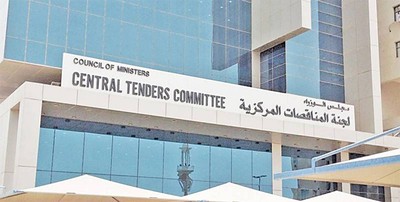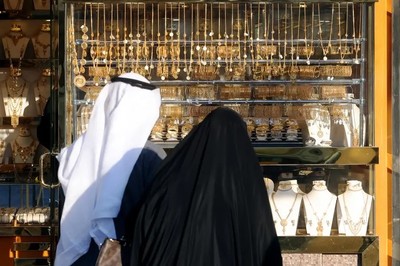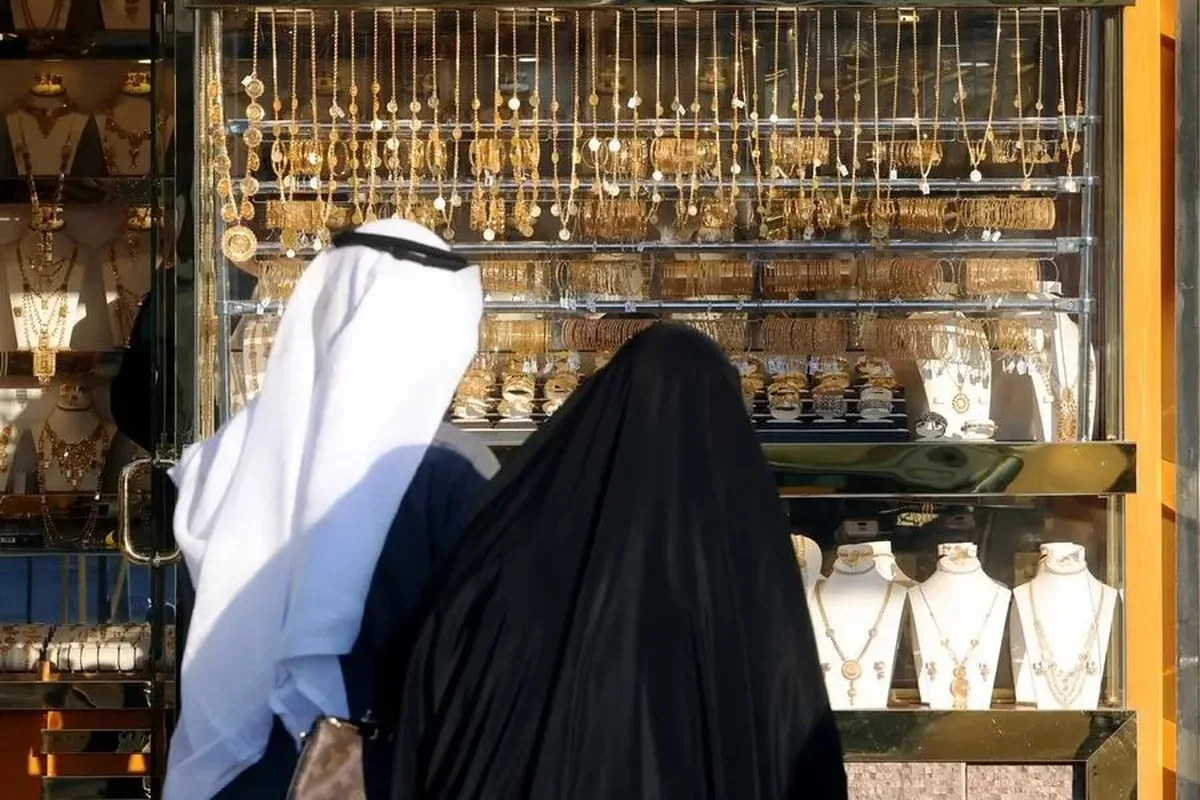Business
Kuwait celebrates 1st oil shipment to South Korea
-

 Latest News20 hours ago
Latest News20 hours agoMinister stresses crucial role of labs in advancing healthcare
-

 Politics22 hours ago
Politics22 hours agoFirefighters contain house Fire in Rabiya with no injuries reported
-
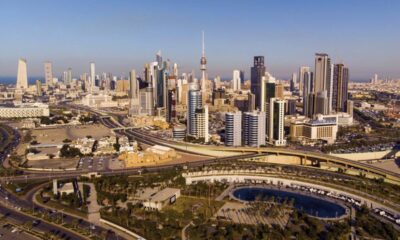
 Latest News18 hours ago
Latest News18 hours agoToday in Kuwait’s history | Kuwait Times Newspaper
-
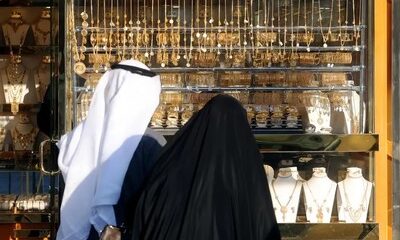
 Business20 hours ago
Business20 hours agoKuwait hallmarks 55 tons of precious metals in 6 months, generates $5.5M in fees
-
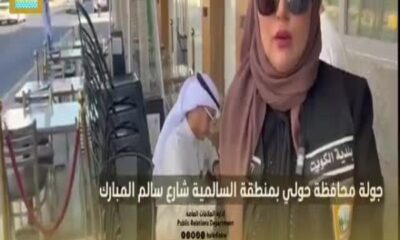
 Politics20 hours ago
Politics20 hours agoMunicipal Campaign In Hawally Issues 44 Violations For Encroachment Cases
-
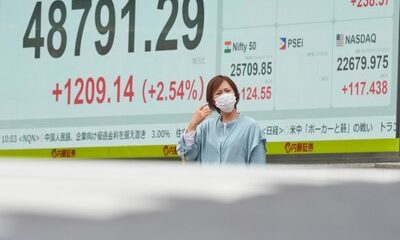
 Business21 hours ago
Business21 hours agoAsian markets extend gains, with Chinese shares up more than 1%, after Wall Street rally
-
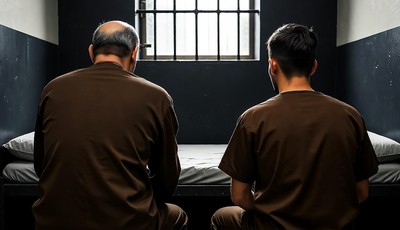
 Politics11 hours ago
Politics11 hours agoEgyptian and his son get 3 years in prison for bribing bailiff
-
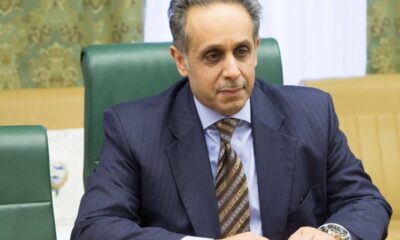
 Latest News16 hours ago
Latest News16 hours agoKuwaiti Ambassador: Pres. Erdogan’s visit “renews” cooperation vision, boosts ties


